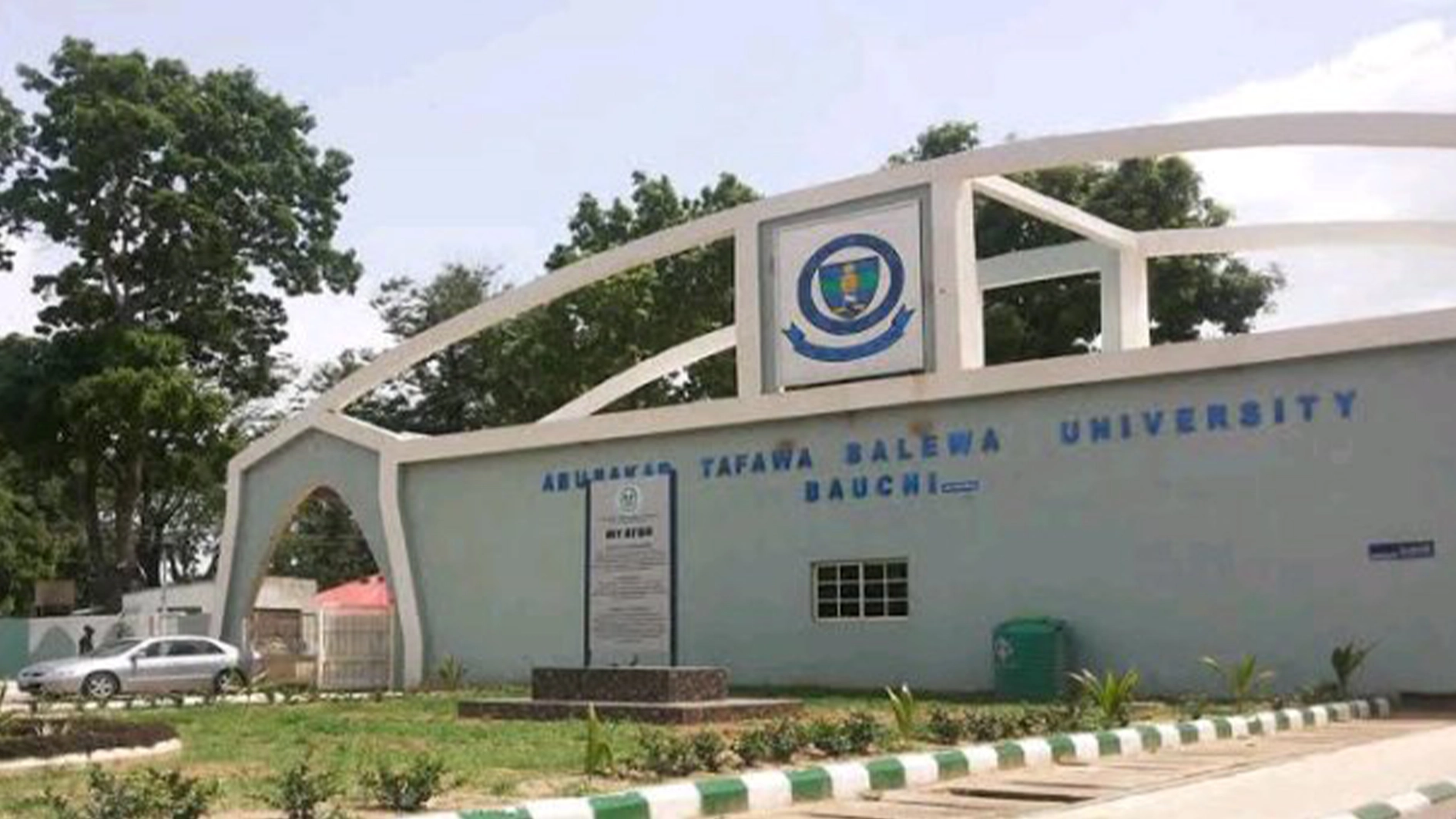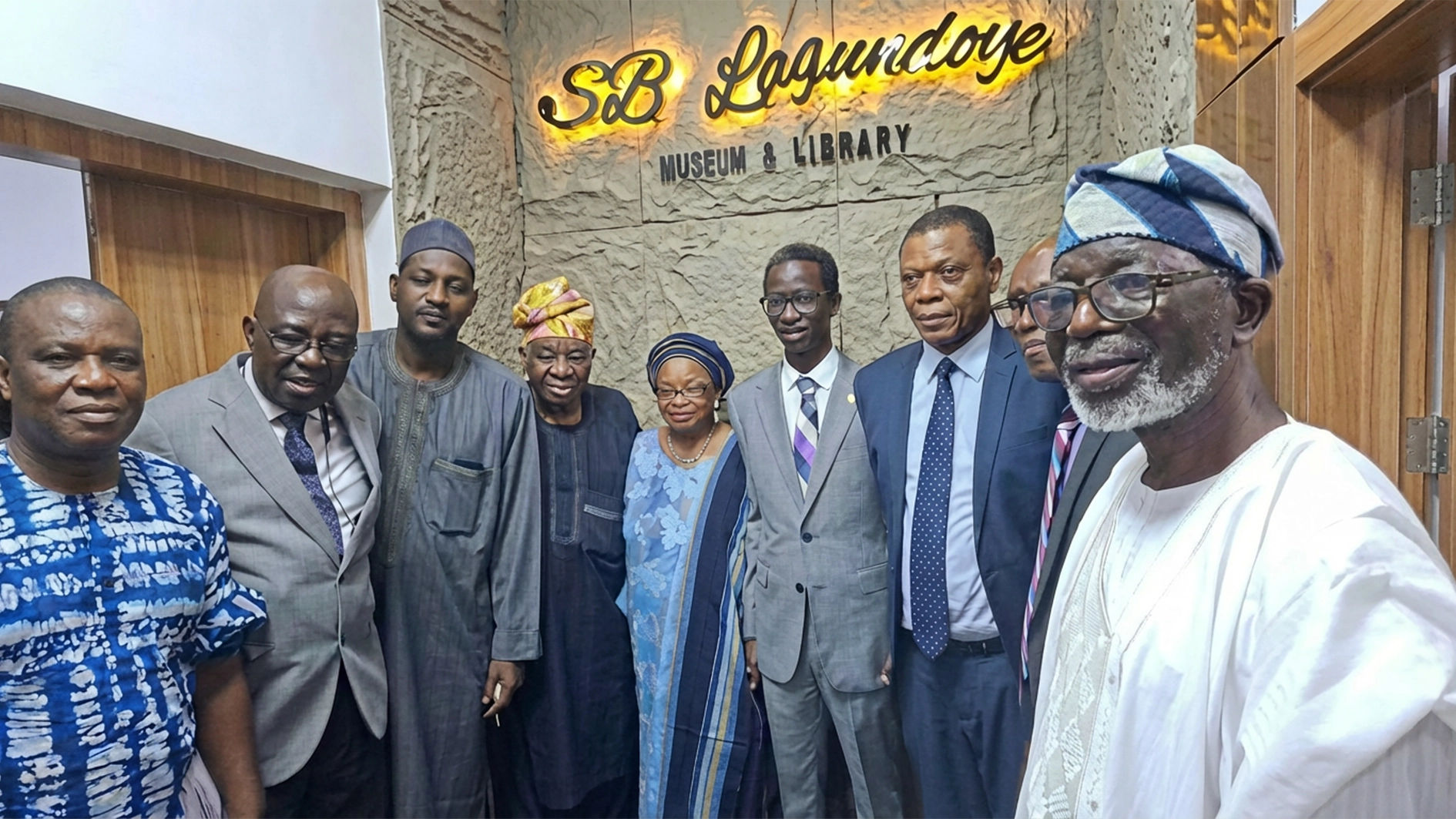The Federal Government has released a revised national curriculum covering basic, senior secondary and technical education, designed to address longstanding concerns over content overload and weak skills training.
The review, announced on August 31 by the Minister of State for Education, Professor Suwaiba Said Ahmad, on behalf of Education Minister Dr Tunji Alausa, is the product of consultations with key stakeholders. Here are five points to note about the changes.
1. Reducing overload and strengthening skills
The new framework streamlines subjects and places greater emphasis on practical learning. It was developed in partnership with the Nigerian Educational Research and Development Council, Universal Basic Education Commission, National Senior Secondary Education Commission and the National Board for Technical Education.
The review builds on earlier reforms, such as the addition of 15 vocational trades in January 2025, including plumbing, solar installation, garment making and digital literacy. Officials say the aim is to better prepare students for modern labour demands and reduce the criticism that the last curriculum, revised in 2011 and 2014, was outdated and too rigid.
2. Subject numbers adjusted by level
The review introduces caps on subjects at each stage. Pupils in primary one to three will now take nine to 10 subjects; primary four to six, 10 to 12; junior secondary, 12 to 14; senior secondary, eight to nine; and technical colleges, nine to 11. Authorities say the restructuring will allow more time for students to engage with material rather than memorising it mechanically.
3. Vocational and entrepreneurship focus
The curriculum gives more weight to vocational studies and entrepreneurship. Skills such as GSM repair, hairstyling and agriculture are included, with a view to improving employability. At junior secondary level, entrepreneurship education is reinforced, and states are expected to train teachers on how to apply the new guidelines. The changes reflect a push to reduce the gap between classroom learning and workplace needs.
4. Implementation from 2025/2026 session
Rollout begins with the 2025/2026 academic year. The Ministry of Education has pledged close monitoring to ensure compliance and smooth transition. Proposals from the February 2025 National Council on Education meeting, such as shifting to a 12-year uninterrupted basic education model, may also influence future implementation. However, detailed plans for teacher retraining and funding support are still being worked out.
5. Funding and execution
Reactions to the curriculum have been divided. Supporters note the reduced workload and stronger skills focus, while critics argue that inadequate funding remains the sector’s biggest challenge. The Nigeria Union of Teachers has warned that without better financing, the reforms may not succeed, pointing to persistent infrastructure gaps and industrial actions. Some school owners have expressed cautious optimism, while others worry about difficulties in poorly resourced areas. The debate continues against the backdrop of disappointing recent results from the West African Examinations Council.
The reviewed curriculum is a shift towards practical education and reduced academic pressure, but its success will depend on whether the government and stakeholders can bridge the gap between policy design and classroom realities.






